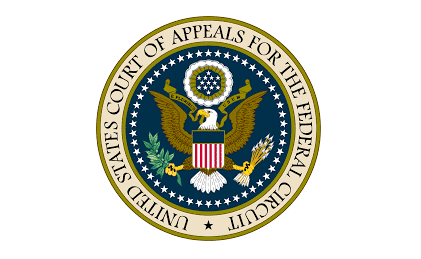Introduction to Trademarks
Trademarks
A trademark identifies and distinguishes the source of a product or service of one party from those of others. A trademark does not describe what goods or services are, but indicates where the goods or services come from. Trademarks may be words (Xerox or Apple), letters (IBM or HBO), designs (the golden arches), shapes and configurations of products or packaging (the shape of a Coke bottle), or even a sound (the NBC chime).
Trademark law protects both consumers and sellers by avoiding situations where the marks of two sellers are so similar that a consumer familiar with one mark might believe that products sold under the other mark are produced by or associated with the owner of the first mark. Trademark protection helps to ensure that a consumer making a purchase is not deceived as to the source of the goods. This protects consumers, so that they get what they think they are getting, and protects sellers from competitors who might unfairly sell products using a mark that is likely to be confused with an earlier mark.
You obtain rights in a trademark by using the mark in commerce in connection with the sale of goods or with the promoting and providing of services. A earlier user of a mark will enjoy protection against later users of confusingly similar marks. Traditionally, a trademark could not be reserved in advance; it had to actually be used before any rights in the mark arose. But now, a federal trademark application can be filed without actual use if it is based on an “intent to use” the trademark within a specified amount of time.
Registration for a trademark is not required. You can establish rights in a mark based on legitimate use of the mark in commerce. However, registration gives the owner of the mark greater rights and power than mere usage, such as,
- constructive notice to the public of the registrant’s claim of ownership of the mark;
- a legal presumption of the registrant’s ownership of the mark and the registrant’s exclusive right to use the mark nationwide on or in connection with the goods or services listed in the registration;
- the ability to bring an action concerning the mark in federal court;
- the use of the US registration as a basis to obtain registration in foreign countries; and
- the ability to file the US registration with the US Customs Service to prevent importation of infringing foreign goods.
Anyone who claims rights in a mark may use the TM (trademark) or SM (service mark) designation with the mark to alert the public to the claim. It is not necessary to have a registration, or even a pending application, to use these designations. The claim may or may not be valid. The registration symbol ® may only be used when the mark is federally registered with the USPTO. It is improper to use this symbol at any point before the registration issues. The symbols are to designate the mark as protected, and are not considered part of the mark.
A good, strong trademark can become a very valuable asset of your business because it helps to identify you and separate you from your competitors, and your customers may continue to buy from you and buy new products from you based purely on the strength of your mark.
Brand Protection
More Resources
Learn more about trademarks with these helpful links
Our Trademark Prosecution and Counseling Services
Schedule a Discussion with Our Trademark Attorneys
Related Posts
LUEDEKA NEELY RETURNS A BIG WIN AT THE FEDERAL CIRCUIT
Earlier this month, the Federal Circuit announced a precedential decision heavily in favor of Spireon, Inc. thanks to the hard work of Luedeka Neely attorneys Michael Bradford and Mark Crockett. The court vacated and remanded a decision of the Trademark Trial and...
Summaries of Recent Patent and Trademark Trial and Appeal Board Cases
Luedeka Neely attorneys provide analysis of recent precedential cases from the Patent Trial and Appeal Board (PTAB) and Trademark Trial and Appeal Board (TTAB) for the period of September - October 2022. NXP USA, Inc. v. Impinj, Inc., IPR2021-01556, Paper 13...
Summaries of Recent IP Law Cases
Luedeka Neely attorneys provide analysis of recent precedential intellectual property law cases for the period of August - September 2022. In re Killian (Fed. Cir. August 23, 2022) - Court of Appeals for the Federal Circuit (CAFC)Appeal from Patent Trial and Appeal...
